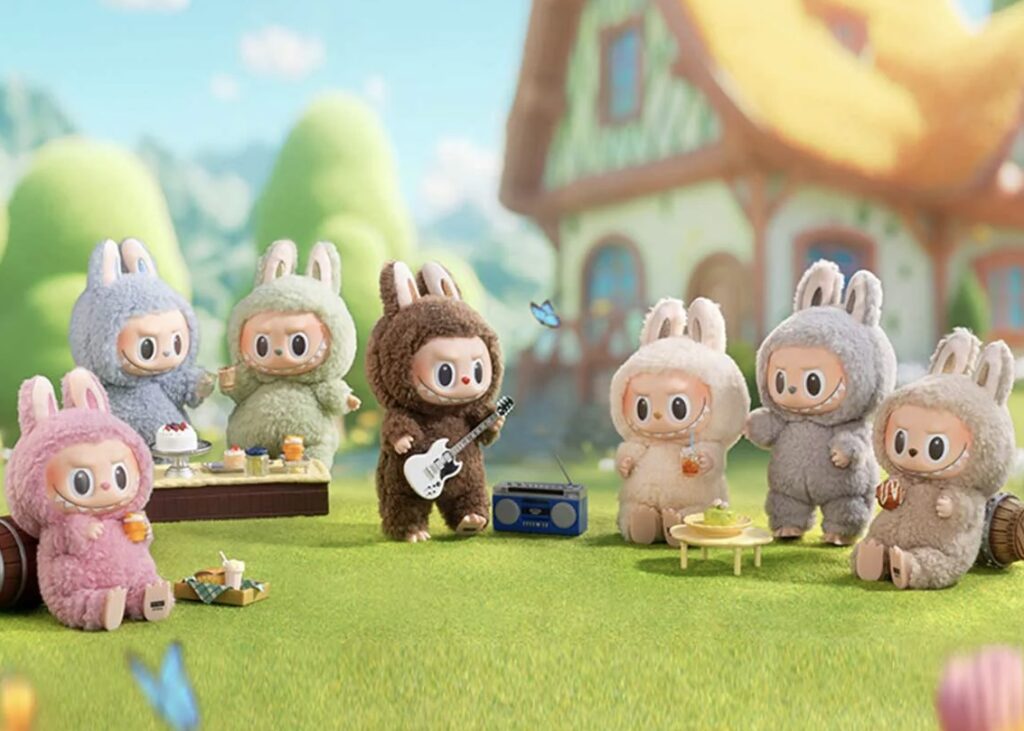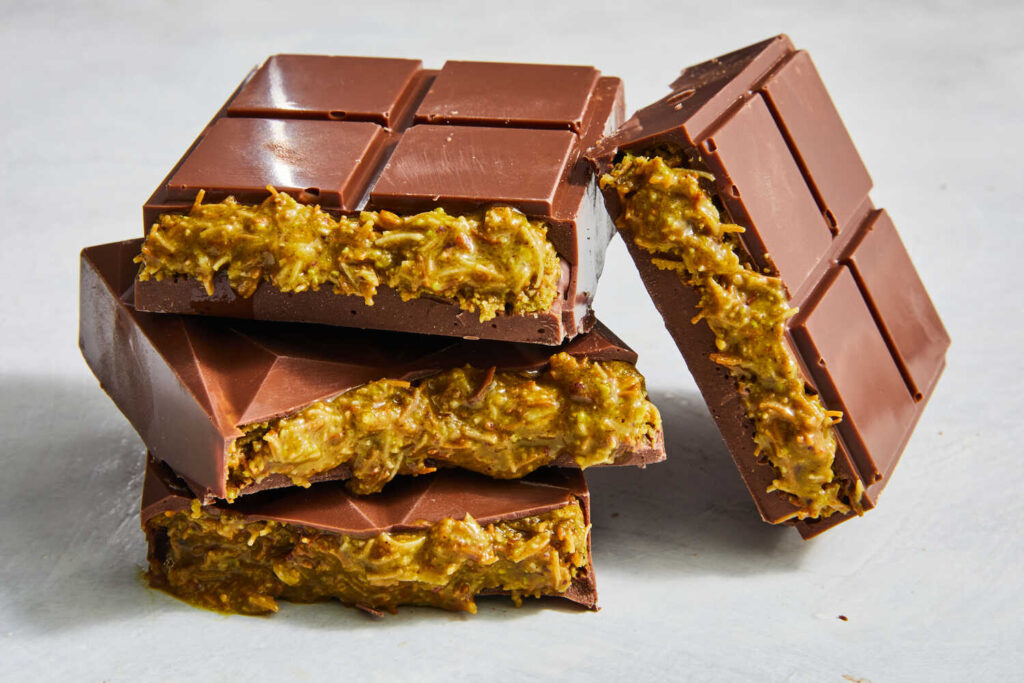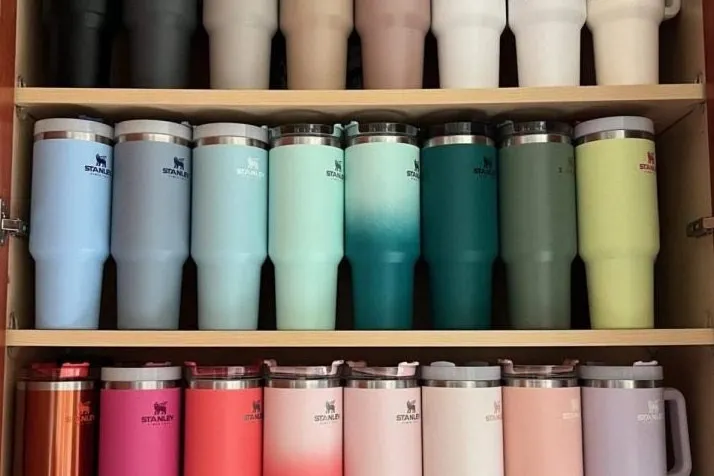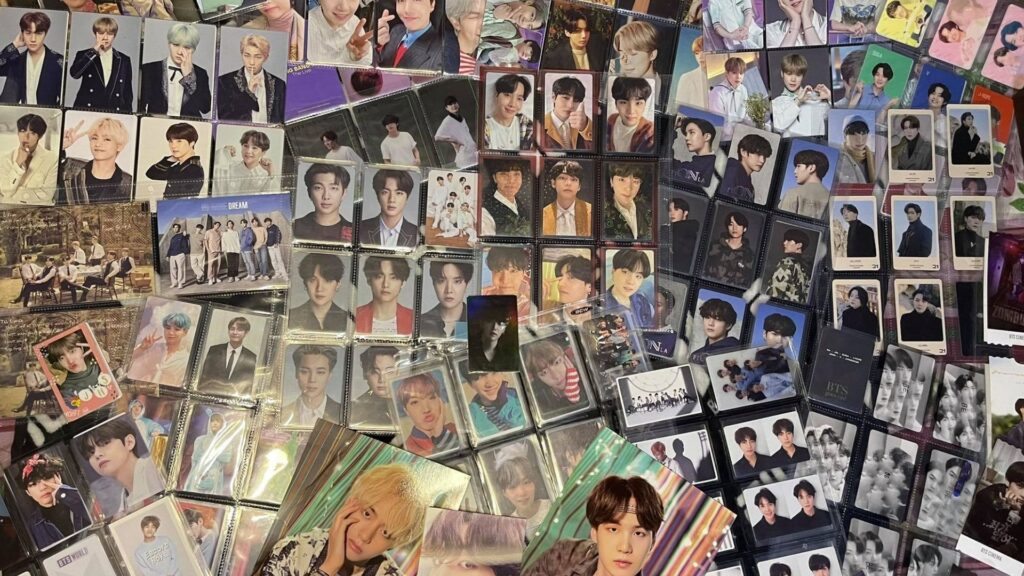
The answer is — probably not. Chances are, you only like Labubus, Stanley Cups, Matcha and Dubai Chocolates just because they’re trending all over TikTok — not because you like them. The truth is, you’re being influenced to purchase these items because you have FOMO and you want to join in on the hype. Not only that, but you’re probably also buying these trendy items to either relieve boredom or to brag about them. Social media (especially TikTok) has distorted society’s perception of material value, making it harder to distinguish between essential and excess purchases. This type of behaviour leads to overconsumption, which is an issue in today’s society.

Overconsumption is bad for the environment (and for your wallet). TikTok often glamorises excessive buying as a form of success; therefore, these unboxing and hauls make you feel like you’re missing out. By purchasing unnecessary items – just because ‘TikTok made you buy it’ – you’re contributing to high levels of air pollution and climate change. Additionally, your items are eventually going to collect dust, cluttering your spaces or even worse — piling up in landfills.

Now let’s move on to the people who brag about not owning trendy items, because let’s be real here for a second – just because you don’t own Labubus and you haven’t eaten Dubai Chocolates doesn’t mean that you’re better than people who do. You might be contributing to overconsumption in other ways, and the brands that you purchase are more niche. Some examples include popular collectibles such as Pokémon cards, sports cards, K-pop cards, LEGO sets and many more. Furthermore, due to their longevity in the market, they are less criticised; hence why it is common for people to collect them without facing any criticism. There are some people out there who genuinely enjoy the items that TikTok influenced them to purchase. Everyone deserves to ethically enjoy their possessions.

To conclude, it’s okay to try and enjoy the things you see online. I own some labubus, I buy popular skincare and makeup brands, and I have tried Dubai Chocolate (it’s quite disappointing in my opinion). Being influenced by the internet to purchase something is normal. However, it’s important to distinguish between essential and non-essential items to avoid overconsumption.
So the next time you see an item trending, it’s best to do some self-reflection and ask yourself, ‘Do I actually want this or is TikTok telling me that I need this?’
This article offers a provocative examination of how TikTok fuels consumer culture through trends. It effectively highlights how TikTok blurs the line between entertainment and advertising. It is an engaging and timely piece that sheds light on the hidden costs of digital consumption.